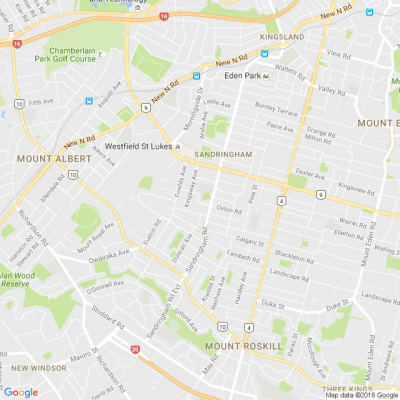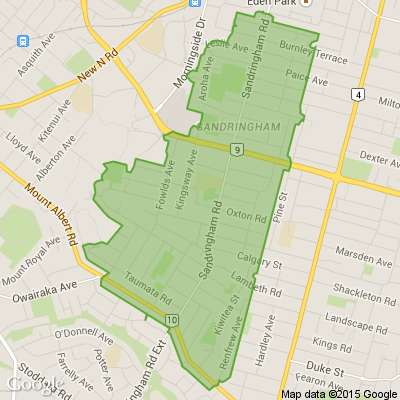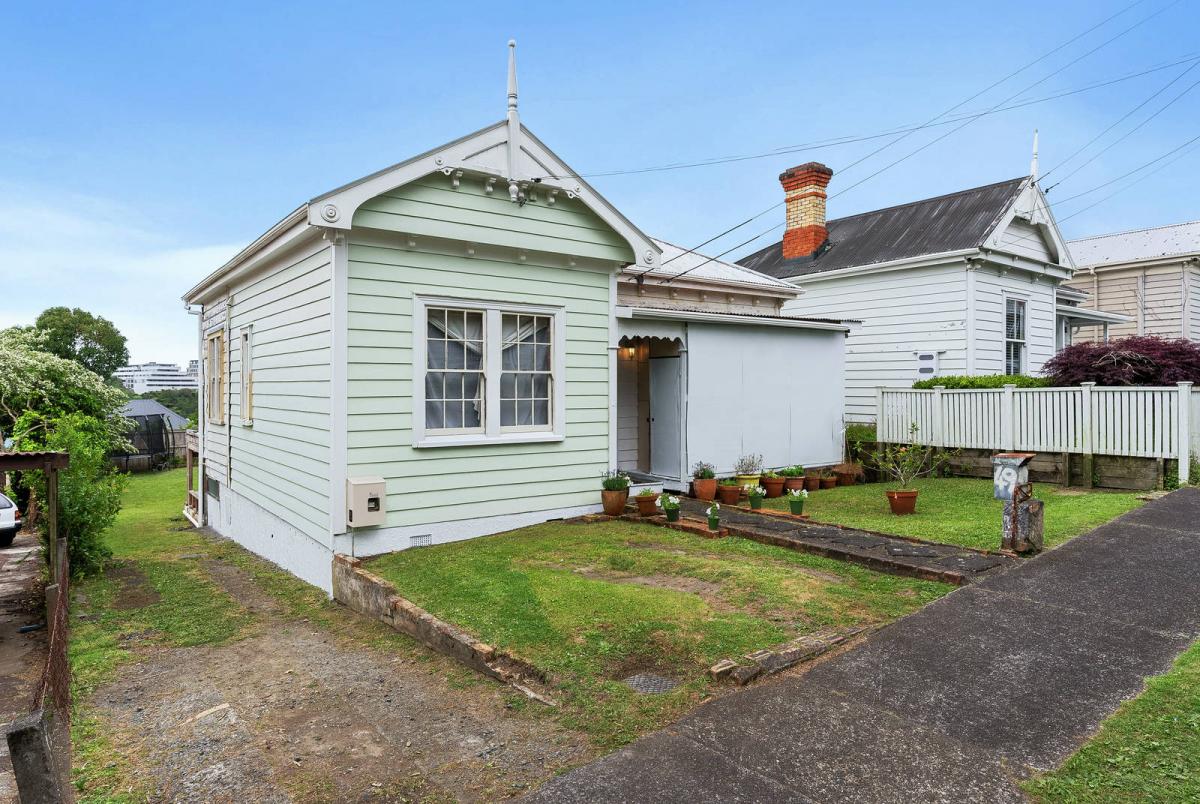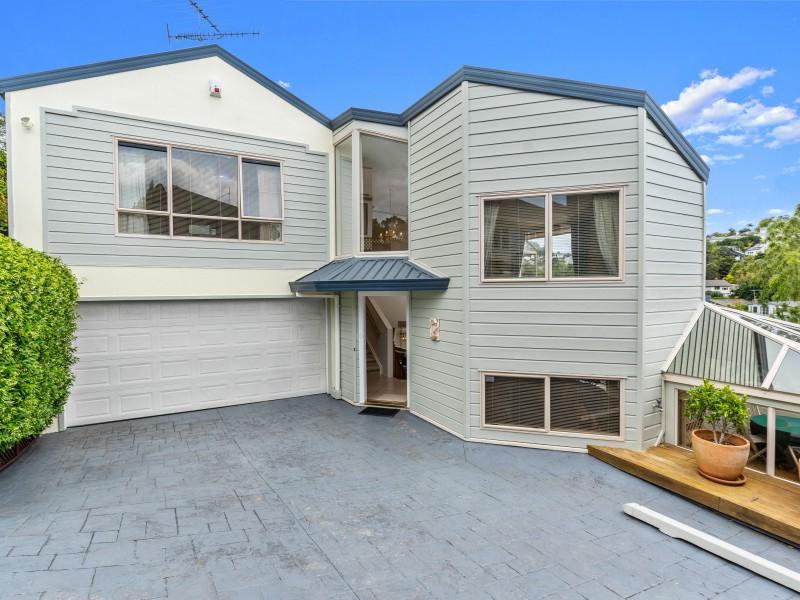HOUSING INTENSIFICATION
Hello Neighbours!
You are probably all noticing the housing intensification that is beginning to take place, with houses being torn down and multi story buildings taking their place – sometimes changing the entire character of long standing residential neighbourhoods. No one can deny that Auckland needs more housing, but a more thoughtful approach to development could improve HOW housing intensification takes place by focusing on development of scale on the main arterial routes for transportation, business, infrastructure AND affordable multi story housing before randomly beginning to dismantle quiet residential neighbourhoods.
It is a fact that in 2016 the Auckland Unitary Plan established building zones throughout Auckland for the regulation of urban development. For example, in my street most of Huntingtree Ave and Vancouver St are zoned as “Mixed Housing Urban”. This allows 3 story townhouses and low rise apartments to be built – with no consent from neighbours - on subdivisions of 300 square meters. Interestingly, many of the major 4 lane arterial routes are not zoned for any greater housing intensification than are nearby quiet residential areas.
You can find the map showing what your zones are at unitaryplanmaps.aucklandcouncil.govt.nz...
Click the + sigh to enlarge the map and scroll for the area you want to explore. (The more you zoom in, the more street names you can see)
On the left click on legend and click the little cone symbol across form unitary plan zones to see what each colour represents
To see what you can do in each zone, go to
www.aucklandcouncil.govt.nz... consents/Pages/what-can-do-zone.aspx
In August of 2020, the government issued a new National Policy Statement on Urban Development (www.mfe.govt.nz...) that reasserted the need for greater intensification in urban areas, especially on major arterial routes where infrastructure is best located. I believe that a National Policy directive trumps (excuse the pun) local council. With a push for greater focus on housing intensification and associated infrastructure on main arterial routes, this might be an opportunity to collectively urge Council to reassess current zoning regulations that allow for three story, two story and even single story housing zones along some of our main arterial routes while three story buildings, that tower over existing single story homes, are starting to pop up randomly in quiet residential streets.
With the number of commuters who park in residential streets close to main transportation routes, many of those streets are already reduced to a single lane for cars to pass through, and parking for locals is restricted. Housing intensification in those streets would only increase that problem. (Note: Residential parking permits are generally something that local residents have to pay for)
From : Recommendations and decisions report on the National Policy Statement on Urban Development Statement on Urban Development:
An NPS has two main effects:
• local authorities must amend their regional policy statements (RPSs), and regional and district plans, to give effect to the NPS
•decision-makers on plans, policy statements, resource consents and other matters must consider the NPS as part of their process.
“The aim is to encourage more effective growth, particularly close to frequent public transport, and walking and cycling facilities. It is also intended to help local authorities make decisions that work for all communities, offering choices for diverse groups and listening to a wider range of voices in the urban planning system”.
I am reaching out for your ideas about what we can do collectively to improve the way intensification is taking place on our streets, in our community, and in other Auckland communities. And I am reaching out for your support in seeking a solution from Council. What other streets might be facing the same problem? Do you know anyone who could be helpful in seeking a solution from Council?
Would you be willing to sign a petition asking Council to amend the Unitary Plan to accommodate a sequence of development that focuses on increasing housing intensification on main arterial routes before encroaching on residential streets?
Let’s get a discussion going!
Kathy Torpie, Sandringham
Poll: Do you think banning gang patches is reasonable?
With the government cracking down on gangs, it is now illegal for gang members to display their insignia in public places whether through clothing or their property.
This means arrests can be made if these patches are worn in places like restaurants, shops, on public transport or ferries, and on airplanes. Arrests were made recently at a funeral.
Do you think this ban is reasonable?

-
0% Yes
-
0% No
-
0% Other - I'll share below
The Churning of the Great Moana - Day 13
The Churning of the Great Moana
Long ago, before the time of man, the Atua (gods) of the Māori world found themselves in disarray. The balance of life had been disturbed, and the Atua of light and prosperity, Tamanuiterā, found his power waning. The Atua of darkness, Whiro, had grown stronger, spreading unrest and despair across the land and seas. The only way to restore balance was to retrieve the sacred **Te Waiora** (the Waters of Life) hidden deep within the Great Moana (Ocean). These sacred waters could heal and bring harmony back to the world.
However, retrieving Te Waiora was no small task. It required the combined efforts of all Atua, including Whiro, who was reluctant to help. Seeing no other way, Tāne, the Atua of forests and light, proposed that they set aside their differences and work together to churn the Great Moana to bring Te Waiora to the surface.
---
Preparing the Churning
The Whakapapa of Unity:
Tāne approached all the Atua, emphasizing the importance of kotahitanga (unity) for the survival of the world. Despite their grievances, the Atua, including Tangaroa (Atua of the sea), agreed. Even Whiro, though suspicious, joined the effort.
2. The Great Tools:
Tāne uprooted the mighty **Kauri** tree to serve as the churning rod, its towering trunk reaching the heavens.
Tangaroa offered his greatest guardian, **Te Wheke-a-Muturangi** (the giant octopus), to act as the rope, its mighty tentacles binding the Kauri firmly.
3. The Moana Awakens:
The Atua stood on opposite sides of the Great Moana. Tāne and his allies held one side of Te Wheke, while Whiro and his followers grasped the other. Together, they began to churn the waters, their chants resonating with the rhythm of the waves.
---
The Churning and Challenges
Emerging Taonga:
As the Atua churned, treasures began to emerge. First came Pounamu (greenstone), a symbol of strength and endurance. Next appeared the Tāonga o te Tangata (gifts of the people): kai (food), tools, and other treasures that would one day sustain humanity.
2. The Poison of Conflict:
From the depths, a great cloud of Kapua Pōuri (dark mist) arose, spreading despair and anger among the Atua. Whiro, tempted by his darker nature, sought to abandon the task and take the treasures for himself. Seeing this, Tāwhirimātea (Atua of winds and storms) unleashed a fierce gale, dispersing the mist and reminding Whiro of their shared purpose.
3. The Sacred Te Waiora:
Finally, after much effort, Te Waiora emerged, shimmering with light. Its presence calmed the seas, and the Atua felt a sense of unity and peace.
---
Restoring Balance
Whiro, moved by the power of Te Waiora, chose to honor the pact. Though his nature was still tied to darkness, he agreed to use his strength to maintain balance rather than disrupt it. The Atua collectively shared the Te Waiora, ensuring that its power would nurture both land and sea for future generations.
---
Moral of the Story
This story teaches the importance of kotahitanga (unity) and aroha (compassion). Even when individuals or groups are divided, working together for a shared purpose can overcome any obstacle. It reminds us that true strength lies in cooperation and that every being, even those seen as adversaries, has a role to play in maintaining balance and harmony in the world.
Poll: Should all neighbours have to contribute to improvements?
An Auckland court has ruled a woman doesn’t have to contribute towards the cost of fixing a driveway she shares with 10 neighbours.
When thinking about fences, driveways or tree felling, for example, do you think all neighbours should have to pay if the improvements directly benefit them?

-
82.1% Yes
-
15.1% No
-
2.7% Other - I'll share below







 Loading…
Loading…











